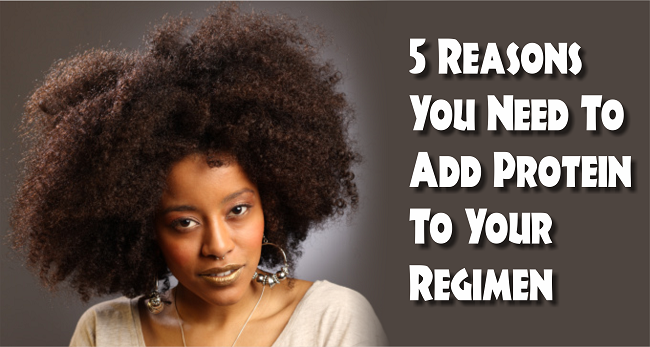
Believe it or not, our hair is actually made of protein. Protein is essential for every organ in your body and just as essential for healthy hair. Each hair strand consists of keratin, small amounts of water and a binding agent, which holds the keratin and water together.
Our hairs are made of a follicle and shaft and the bulb at the base is the living part. The shaft that we see above the skin is dead and the hair shaft is what is made of keratin protein.
The average head has 100,000 to 150,000 hair follicles, and we can lose anywhere from 50 to 100 hairs a day. Your hair grows about 1/4 to 1/2 inch every month so it seems that losing it would be some cause for concern. But what if you are losing massive amount of hair or even clumps of hair and have no idea what the culprit is? Hair loss is a scary thing and despite what many think, women make up 40% of hair loss sufferers.
There could be several reasons a person suffers from hair loss, from improper diet to over-processing, but despite what route is taken to create the problem, protein most definitely is a factor to reverse it and get your hair back to health and fullness.
There are several types of proteins that can benefit hair and they all give something different but necessary to your tresses, whether you have minimal damage or extensive damage. Here are the most popular ones you may find in hair products.
Animal Protein – Repairs damage to the outer layers of the hair by coating the hair shaft.
Collagen Protein – Increases the elasticity of the hair.
Milk Protein – There are Casein and Whey proteins in milk and they both benefit hair. Whey protein has been used to prevent hair loss and will strengthen the hair and help it grow faster. Casein protein, because of the amino acid glutamine will stimulate the hair follicle growth cycle.
Silk Protein – Tends to soften the hair and is the strongest natural fibers with extremely small molecules that allows it to penetrate the hair shaft. This makes it great for deep conditioning* the hair.
Vegetable Protein – Can absorb more easily without leaving a build-up on the hair shaft. Great for porous or damaged hair, split ends and absorbs more easily into hair shaft than animal protein.
Wheat Protein – A moisturizing as well as strengthening protein. Also aids in maintaining moisture levels.
Now that you know what protein is, here are 5 reasons to use it this winter…
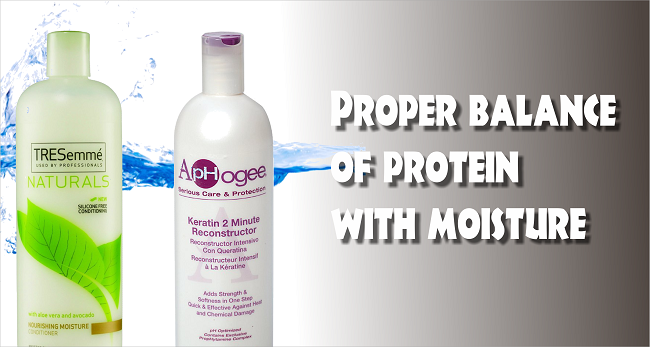
1. Proper balance of protein with moisture
Our hair needs this balance for healthy hair and often times this is the main reason many suffer from hair care problems in the first place. There is a co-dependent relationship that exists between protein and moisture within the hair strand and neither one can work on it’s own without the other.
Moisture is absorbed better when the hair’s protein needs are sufficiently met. However, too much protein can make the hair dry, brittle, and too much moisture weakens the hair’s protein binding structure which in turn increases the hair’s porosity.
If you have been stuck on moisture retention mode, but have forgotten the importance of protein in the balance, then it is time to incorporate the other side of the equation.
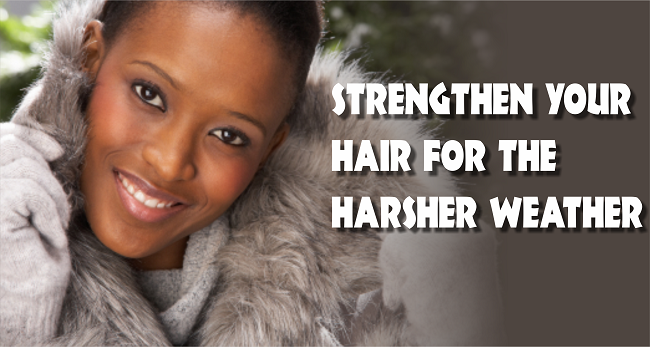
2. You need to strengthen your hair for the harsher weather
Most of us enjoy the summer or warmer months and as many of us enjoy the ‘big hair’ that humidity can give us. Unfortunately, it can also weaken the hair with moisture overload.
You may have been enjoying how wonderfully soft your hair has been feeling all summer long and may even have skipped on those light protein treatments like conditioning with a protein conditioner. Whoops! No worries, as long as you realize the weather is getting colder, drier and harsher, so it is time to beef up your hair with a protein gift.
If you have high porosity hair, then moisture retention is a challenge most of the time. However, with the harshness of winter, things can become even worse. Using those protein treatments will allow the protein to fill in the gaps in your hair shaft.
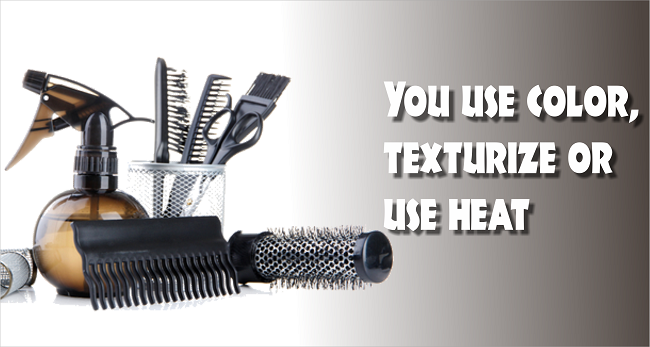
3. You use color, texturize or use heat
Many of us tend to color our tresses during the warmer months – if you went lighter and spent a lot of time in the sun, your hair may be overdue for some TLC from a protein conditioner.
Nothing is wrong with adding color but because of how color breaks down the hair strand, protein is a necessary component in maintaining healthy colored hair.
Using color lifts your hair’s cuticle and for some naturals this could leave the hair weakened. Hair can even suffer damage from regular heat application, even if you use it properly. If you use any of these things, then using protein treatments regularly, like once a month, should be a staple in your hair regimen.
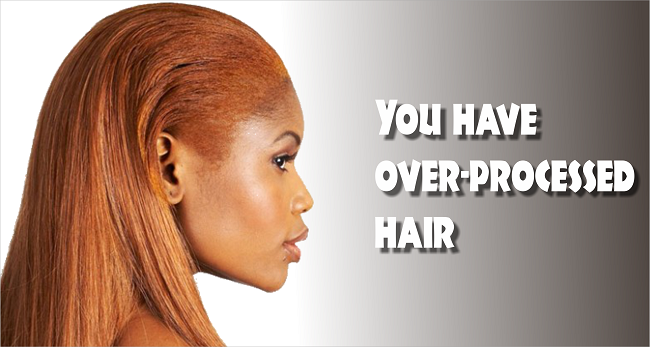
4. You have over-processed hair
Over-processed hair can occur from coloring, texturizing, heat applications or all three being applied together. When you have over-processed hair, it is imperative that you strengthen this weak hair before it breaks or falls out because when it gets to this weakened state, you’ll need an intensive protein treatment, and even then it may not save your tresses.
You will know if your hair is in this state because it will brittle, dry, breaking off, or falling out. You may even need to consult a professional for intensive protein treatments to reverse the damage.
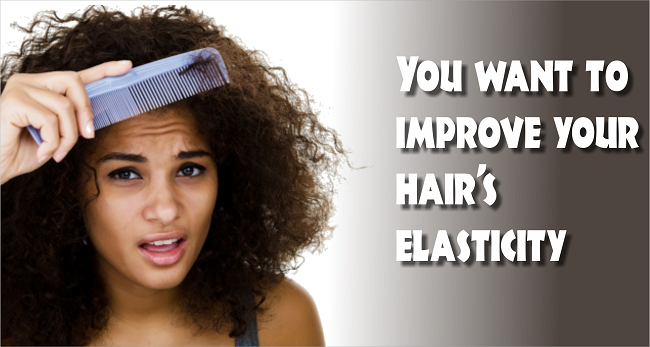
5. You want to improve your hair’s elasticity
If your hair breaks easily with regular styling, then you may have poor elasticity. Hair with proper elasticity is strong and will stretch without breaking, and easily springs back to its original shape.
Elasticity can be lost due to age, heat damage, blow dryers*, the sun, or chemical damage. With the drier months waning ahead of us (making it even harder on poor elasticity hair), it is the perfect time to beef up your hair’s elasticity with protein treatments that will strengthen your weak brittle strands.
Are you using protein this winter?
I so need some milk protein in my life!
What product would be considered vegetable protein?
I will add it in monthly.